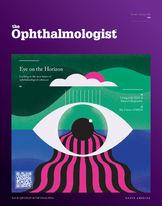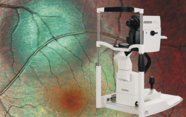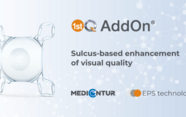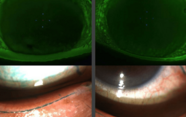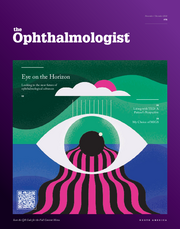Stanislao Rizzo
The Power List 2019 – Surgical Pioneers

Stanislao Rizzo
Chair, Department of Ophthalmology, University of Florence, Italy.
What was your early inspiration for becoming an ophthalmologist?
I have always had an interest and scientific curiosity addressed to this incredible window on the central nervous system, the eye. For this reason, from a young age, animated by this great curiosity, I had the inspiration to become an ophthalmologist, and I have always dedicated myself to eye surgery, as a tool to solve several eye diseases, but also as a means to understand some pathogenetic mechanisms of the ocular disorders more closely. Surgery, if done with care and scientific curiosity, also allows this: to directly observe disease mechanisms, and to understand pathogenetic pathways. And surgery became my main passion and devotion.
What have been your career highlights?
The highlights of my career were the teachings I received from my mentors, and the opportunity to apply them daily to try to save my patients’ sight. I still remember the case of a child, Marta, who, at the age of 6 years old, had a retrolental neoplasm removed. Despite numerous re-operations and complications, the child, now a young woman, maintains good vision, contrary to my initial expectations.
Trying to save patients’ sight is the purpose with which I start each new day. The recognition on the faces of people who have had their eyesight saved is priceless, and binds you to them for a lifetime.
What will be the next big breakthrough in ophthalmology?
The scientific evolution and technological revolution will allow numerous steps forward.
First, the digital revolution will allow the use of Big Data and AI to give ophthalmologists new automated tools for diagnosing and treating ocular diseases. Deep Learning (DL) is a new AI technique that produced the first evolution in automatic image recognition. DL may be used in conjunction with telemedicine as a possible solution to screen, diagnose and follow up major eye diseases in primary care.
Rapid progress in genomics and nanotechnology will advance our approach to patient care, from diagnosis and prognosis, allowing a potential personalization of therapeutics. There is a high need for tailored treatments and dosage optimization in ophthalmology, and it may be the focus of individualized medicine.
Another remarkable recent advance in ophthalmology is ocular gene therapy. Recent success of gene replacement therapy for Leber Congenital Amaurosis (LCA) is a big step forward in the field of genomic medicine. Stem cell therapy will also have a promising role in the preservation and restoration of visual function.
A currently viable possibility comes in the form of retinal prosthesis implants. Retinal prosthesis are implantable devices designed to supplant phototransduction within the eyes of patients affected by retinal diseases such as retinitis pigmentosa. The near future will allow having retinal prosthesis with much smaller pixels, achieving higher resolution, which might restore visual acuity at a better level.
What’s the best part of being an ophthalmologist?
The coming years will be a game-changing time: technology will improve and revolutionize our diagnostic ability, treatment approaches, and delivery drug modalities. The best part of being an ophthalmologist is to offer our patients new hopes to save sight, improve treatments, closely observe the effects these new therapies are having. Nevertheless, what gives value to our profession is the relationship we have with our patients.




